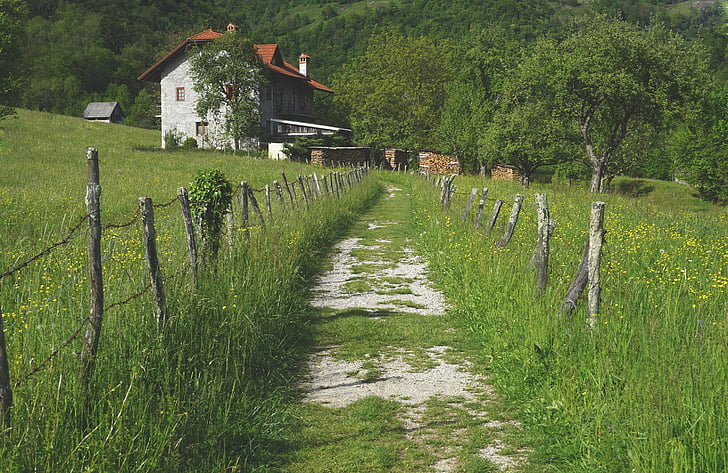Bridging the Gap: Navigating Europe’s Growing Rural-Urban Divide

In an era defined by relentless challenges, the European Union (EU) stands at a critical juncture. Described as a ‘permacrisis,’ this period is marked by an ongoing sequence of crises demanding constant adaptation from its citizens. From surging energy prices and military conflicts to demographic shifts and the threats posed by climate change, the need for solid support and trust from the populace has never been more acute.
Amidst these challenges, a significant and growing divide between rural and urban areas emerges as a formidable obstacle to maintaining political trust and social cohesion across the continent.
The Escalating Rural-Urban Chasm
The last decade has seen a persistent and growing disparity in income, employment, education, and public service provision between Europe’s urban and rural communities. Urban areas, with their higher employment rates and income levels, contrast sharply with rural regions, where the gap has widened by nearly 20% from 2012 to 2021. This divide is exacerbated by higher educational attainment and digital skills in urban populations, positioning them to better capitalise on the benefits of globalisation and technological innovation.
Public services, too, reflect this divide, with rural areas facing increasing challenges in service delivery due to declining and ageing populations. Innovative solutions to address these service gaps often stumble upon the hurdle of inadequate broadband connectivity in rural locales, further entrenching the divide.
Recognising the Recognition Gap
The disparities extend beyond tangible measures of income and employment to the more intangible yet equally crucial realm of social recognition. Rural communities increasingly perceive themselves as sidelined or forgotten by the policymakers, manifesting a significant ‘recognition gap.’ This gap not only undermines social cohesion within Member States but also diminishes residents’ self-esteem, social mobility, and political participation, deepening the reservoirs of discontent.
Political Discontent and Its Manifestations
This brewing discontent in rural areas has profound political implications. Lower levels of trust in government and the EU, coupled with diminished satisfaction with democratic processes, are more prevalent among rural populations. Such sentiments can destabilise social cohesion, fuel polarisation, and potentially lead to civil unrest, as evidenced by movements like the gilets jaunes in France and the movimento dei forconi in Italy.
Furthermore, this discontent provides fertile ground for the rise of far-right movements, leveraging rural disillusionment to gain political traction. With the European Parliament elections on the horizon in 2024, the potential shift towards far-right ideologies poses a significant challenge to the EU’s future direction and stability.
The Path Forward
Addressing the rural-urban divide requires a multifaceted approach, embracing place-based policies to ensure the economic and social viability of rural areas. Essential steps include:
- Enhancing Public Service Provision: Guaranteeing access to high-quality public services, from healthcare to education, tailored to meet the unique needs of rural communities.
- Fostering Economic Opportunities: Creating conducive environments for economic development in rural areas through support for local businesses, agriculture, and sustainable practices.
- Promoting Education and Digital Skills: Expanding opportunities for higher education and vocational training, alongside bridging the digital divide, to equip rural populations for the evolving job market.
- Investing in Infrastructure: Improving transportation and digital infrastructure to connect rural areas with urban centres, enhancing access to markets, services, and opportunities.
- Encouraging Political Engagement: Ensuring rural voices are heard and represented in policymaking processes to bridge the recognition gap and rebuild trust in democratic institutions.
The need for targeted interventions is clear. As Europe grapples with its multifaceted crises, the integration of rural areas into the broader economic and social fabric of the EU is not just a matter of policy but a fundamental necessity for the Union’s future cohesion and resilience. With the 2024 elections approaching, the time for action is now, to foster a more inclusive, equitable, and unified European Union.

“Pop culture advocate. Troublemaker. Friendly student. Proud problem solver.”




